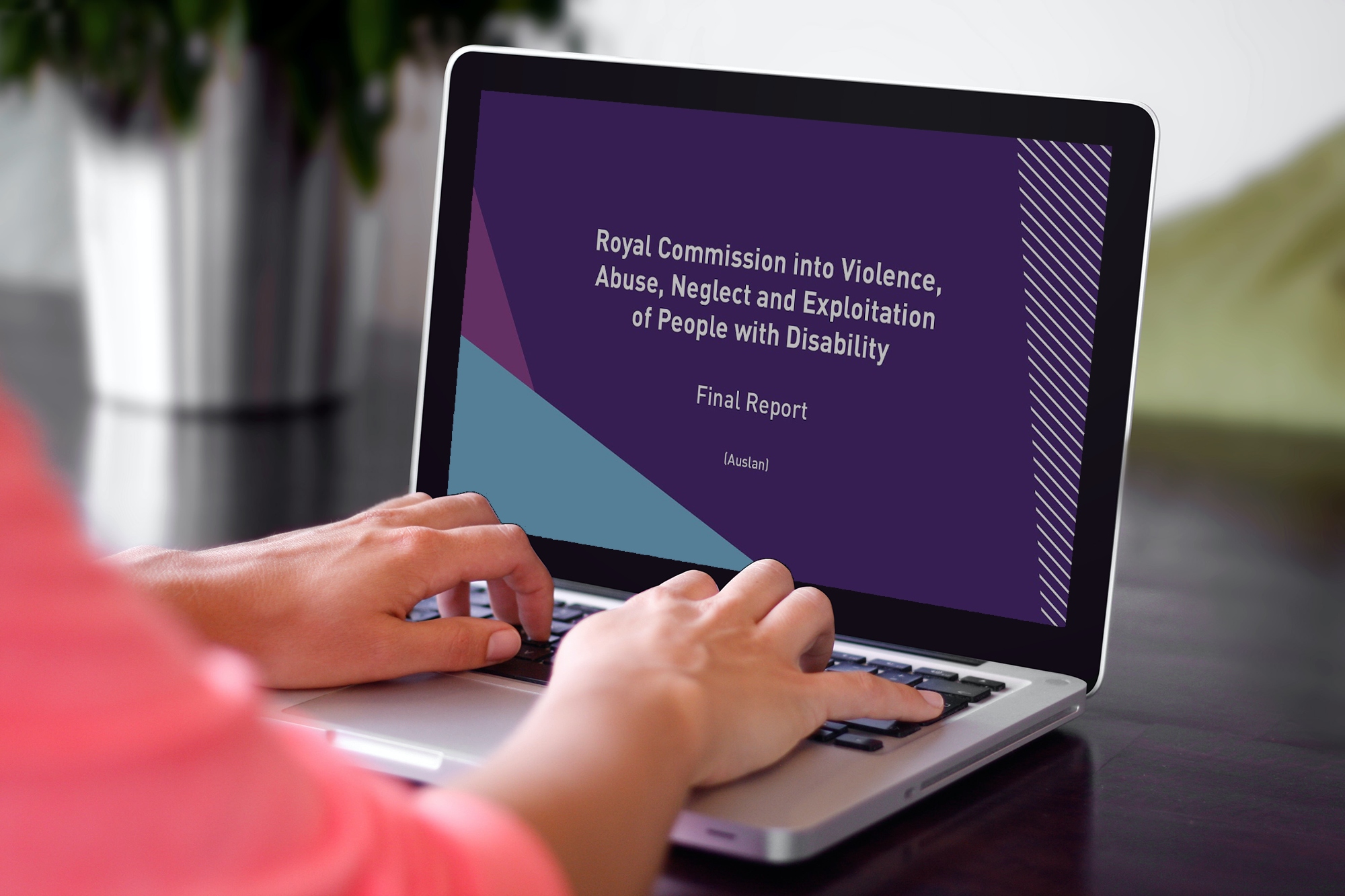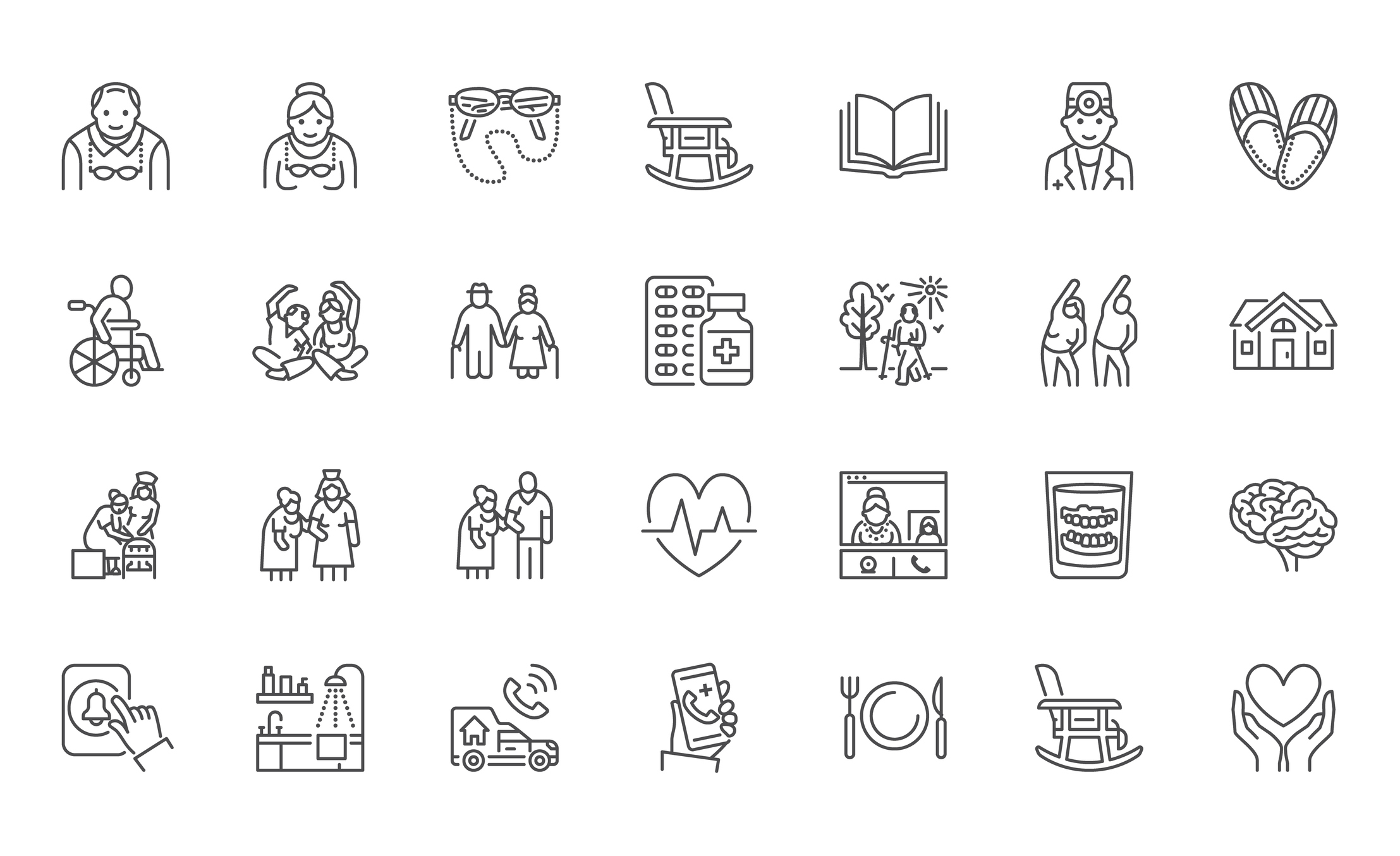The NDIS Code of Conduct, which has been in place since 2018, ensures that workers understand how they must act, and their responsibilities to provide high quality, safe services and supports to people with disability.
There are certain requirements placed on providers regarding worker compliance with the Code of Conduct. Providers must implement systems to ensure that their staff are conducting themselves in line with the expectations of the NDIS Rules.
This blog post looks at the worker’s responsibilities from the provider’s perspective and examines how the provider can ensure that the conduct of their workers conforms with the values outlined by the NDIS Quality and Safeguards Commission. This is not intended to be an exhaustive resource; for further reading see the NDIS Commission’s Code of Conduct guidance for providers and workers.
Service delivery
Under the NDIS Code of Conduct, it is the responsibility of providers to ensure that workers delivering supports have the appropriate training, qualifications and competence to deliver supports.
In practice, these requirements mean:
- Supporting workers to understand and implement the core values of the NDIS, including person centred support delivery;
- Refining recruitment and selection processes to ensure that workers with appropriate skills and values are selected by the organisation to deliver services;
- Providing workers with relevant training;
- Providing workers with supervision to ensure that services are being delivered safely, with care and skill; and
- Discussing with workers to ensure that they are competent and feel comfortable delivering the required supports and services.
In addition, as part of the recruitment and induction process, providers must ensure that:
- All workers have completed the NDIS Worker Orientation Module;
- They have conducted pre-employment screening, compliant with the NDIS Worker Screening rules;
Incidents & complaints
Registered NDIS Providers must have incident and complaints management systems in place. It is the responsibility of the provider to ensure that staff are familiar with these systems. This includes training to ensure that workers are able to identify, respond to, and report incidents and complaints to their supervisor and/or authorities where relevant.
Workers must understand that, in relation to incidents, their first priority is always the safety of people with disability. Immediately following an incident, workers must ensure, to the best of their ability, that the person with disability is safe, following which they should then follow the provider’s processes for responding to and reporting incidents.
Workers should be familiar with the organisation’s complaints management systems, as well as how to make complaints directly to the NDIS Commission. Workers are expected to support people to make complaints to the provider or the Commission, and so should be familiar with the appropriate processes for doing so. Workers must not, under any circumstances, threaten or take adverse action against someone who proposes to make a complaint.
Staff responsibilities
Under the NDIS Code of Conduct, workers are expected to speak up to authority and call out any conduct that is not compliant with the Commission’s rules. Staff are expected to inform senior staff if they are unable, or do not feel comfortable, to carry out particular tasks in connection with service provision (see p14, NDIS Code of Conduct – Guidance for Workers).
Staff should be aware that they are required under the Code of Conduct to declare any conflicts of interest related to their beliefs and values that may impact on the delivery of services or supports provision (see p19, NDIS Code of Conduct – Guidance for Workers).
All workers should understand that they are able to contact the Commission if they have any concerns regarding the conduct of their employer or others. In some circumstances, which include the reporting of serious incidents, the Commission has legislative powers to protect those who raise concerns with the Commission.
Fostering a culture that encourages feedback and complaints
It is the responsibility of providers to ensure that they welcome and encourage feedback, and that their staff feel comfortable reporting any misconduct that they witness. From the provider’s perspective, this involves encouraging and welcoming feedback and complaints.
The organisation should ensure that staff, as well as clients and advocates, will not face any adverse action for raising concerns regarding the conduct of the provider or its staff. The workforce should be made aware that the provider will not undertake any action in retaliation for a worker raising, in good faith, their concerns about conduct.
How BNG can help
We have a number of resources and self-assessments to help providers ensure that they, and their workers, comply with the Code of Conduct.
- SPP’s NDIS Code of Conduct self-assessment will walk providers through their obligations, as well as provide resources, policy templates and guidance
- Worker recruitment, screening and training policy templates and guidance
- Incident and complaints management system policies and guidance
- Conflict of interest policy templates and guidance
NDIS Code of Conduct
Want to know more about how BNG can help with the NDIS Code of Conduct? Sign up today!


